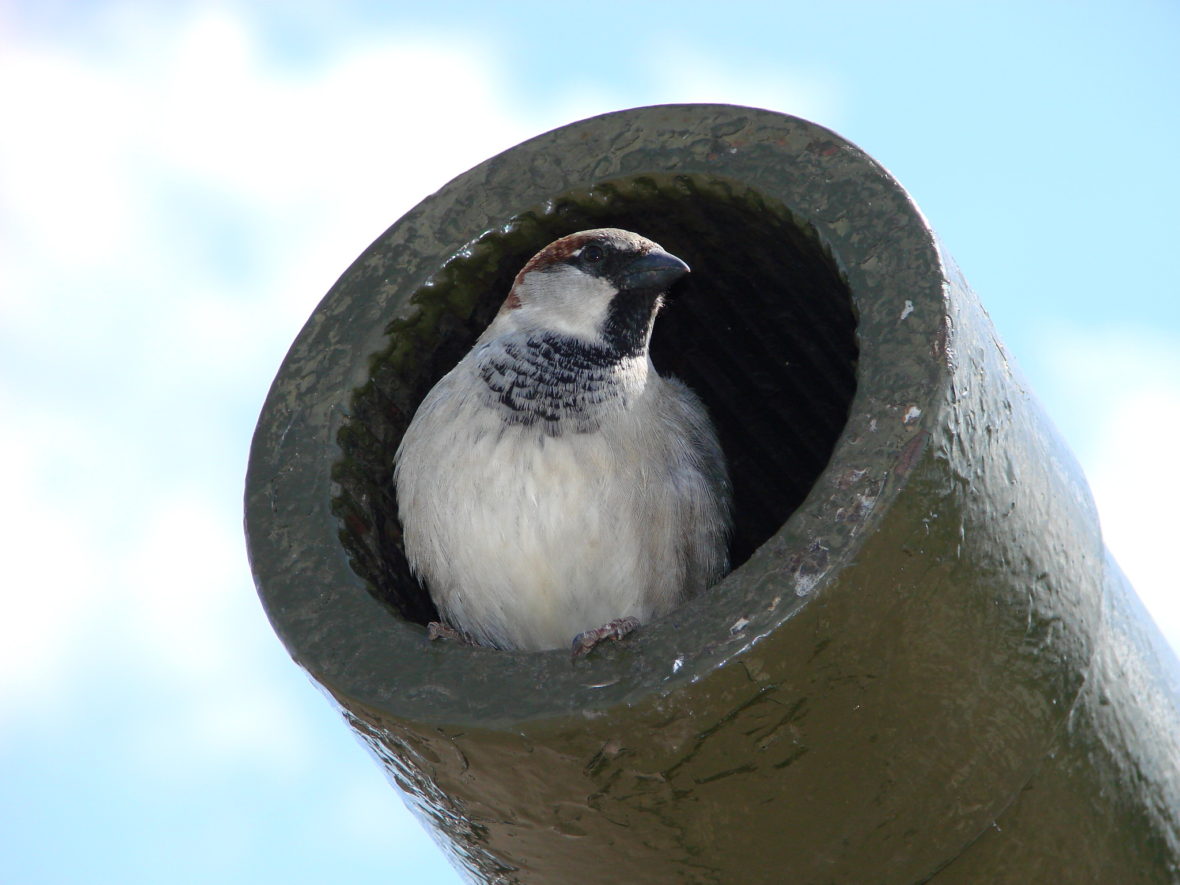John Glowney has been writing poems since at least 1973, when I met him at the University of Michigan. He was an undergraduate and I was a Junior Fellow in the salad days of Michigan’s Society of Fellows program. Fellows were given a generous stipend for three years, no strings attached, to deconstruct the French Revolution, write music, learn Assyrian, do physics––teaching was optional. I opted to teach, and John was my most memorable student. Now he’s published a debut collection, and it’s a pleasure to read the work of years collected in Visitation.
Glowney’s poems distill a lifetime’s observation of a world in flux, often not for the better. He laments our ravaged ecology; onto “A Map of Australia” he inscribes “singed kangaroos,” the “big jacks/with their long limbs bound and taped//like a prize fighter’s hands.” In “All Our Worlds Are Melting,” Glowney notes, “The scientific term for/attendance on this planet/ is weeping.” Damaged from the start, he writes in “Break it, You Own It,” when “this world first whirled/and popped into existence,” and “cascaded off/ the cliff of itself/a mountain waterfall,” our planet is both “broken, yet fresh with new blooms.” In one long, cascading sentence, Glowney joins cosmography to Eden and original sin; in Glowney’s vision, human actions are both destructive and suffused with hints of the divine.
“Illegal” and “Translation” imagine the lives of undocumented workers; indifference to their plight––often the result of ecological disaster––is etched with irony. So, too, is our national pastime, “Bleeding Out”: “Dear murdered people of the USA,/shut up.” In “We’re Pulling the Saints from the Rubble,” Glowney lists what we’re “blowing up,” from theaters in Paris to Iraqi weddings. These poems, and others, can read like jeremiads. “We are the problem//for which there is no algorithm” the poet writes in “Proof of Life; in “Shelf Life,” our “clever monkey skills” are set on “pouring pavement // across every meadow” and choking “the Great Barrier Reef and the glaciers” with CO2.
It’s not all gloom; Visitation makes room for awe and tenderness, as well as humor. Glowney kisses “the universe full on the lips” after being pulled “out of nothingness//and pounded and pounded on my chest/so I’d know it was love/ knocking.” “The Universe” is one of several poems about illness; in “The Center Holds,” Glowney alternates the view from his back porch with words from an oncologist and intimations of mortality. Though “once you’re gone/who know where you’ll land,” the poet instructs:
Place the wafer of light
that has journeyed unimaginable distances
on your tongue. Swallow hard
this forgiveness
you didn’t see coming.
Among my favorites in Visitation is another once-sentence poem, “Lottery Ticket.” Glowney reckons with moments “when the possibility that our lives//could still turn out differently/is…powerful and real.” The beautifully constructed narrative image of an old couple “leaning over a lottery ticket//they have just purchased, scraping away the silvery veneer,” a “small bag of groceries at their feet,” travels through time, as Glowney’s simile-within-a- metaphor transforms them to “schoolchildren, diligent and absorbed.” The possibility of change can render the old innocent as youngsters with “coloring books,” just as a “stubbornly violet” sun can still “burst…\through its perfect circle” with “green.” Renewal, like lottery winnings, is rare, but its prospect can light up a landscape.
The book’s second, verso page lists three definitions of “visitation:” “a special dispensation of divine favor or wrath; a severe trial; an official visit for inspection or supervision.” As Glowney inspects his life through these poems, a reader may find occasions of divine wrath and favor, severe trials, and a certain hard-earned wisdom. Visitation, published by Kentucky’s Broadstone Books, asks the questions of our moment in lines that demand our attention. The collection knocks me awake in language packed with curlews, foxes, Sgt. Bilko, Bruegel, Montana prairie country, a little barn mouse, and a plea for silence as proper Covid etiquette on a Japanese roller coaster: “Please scream inside your heart.”
